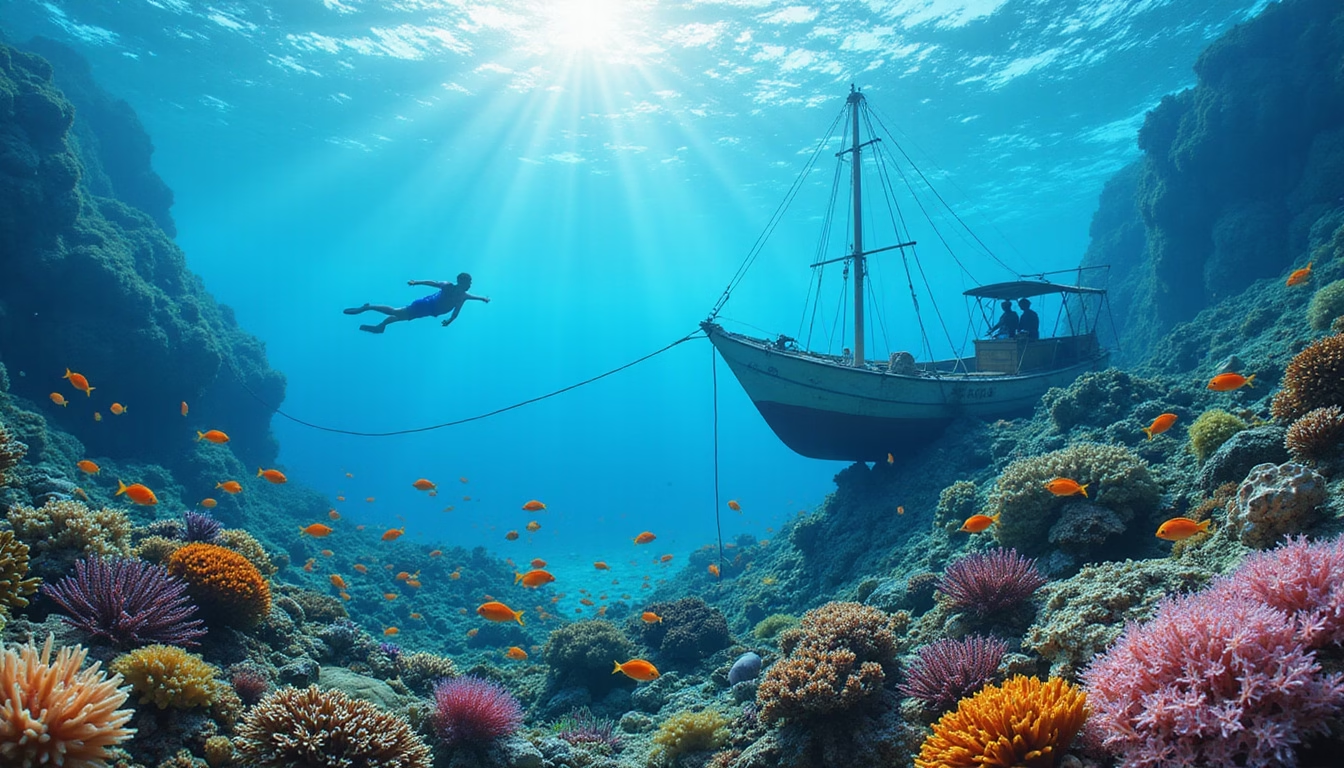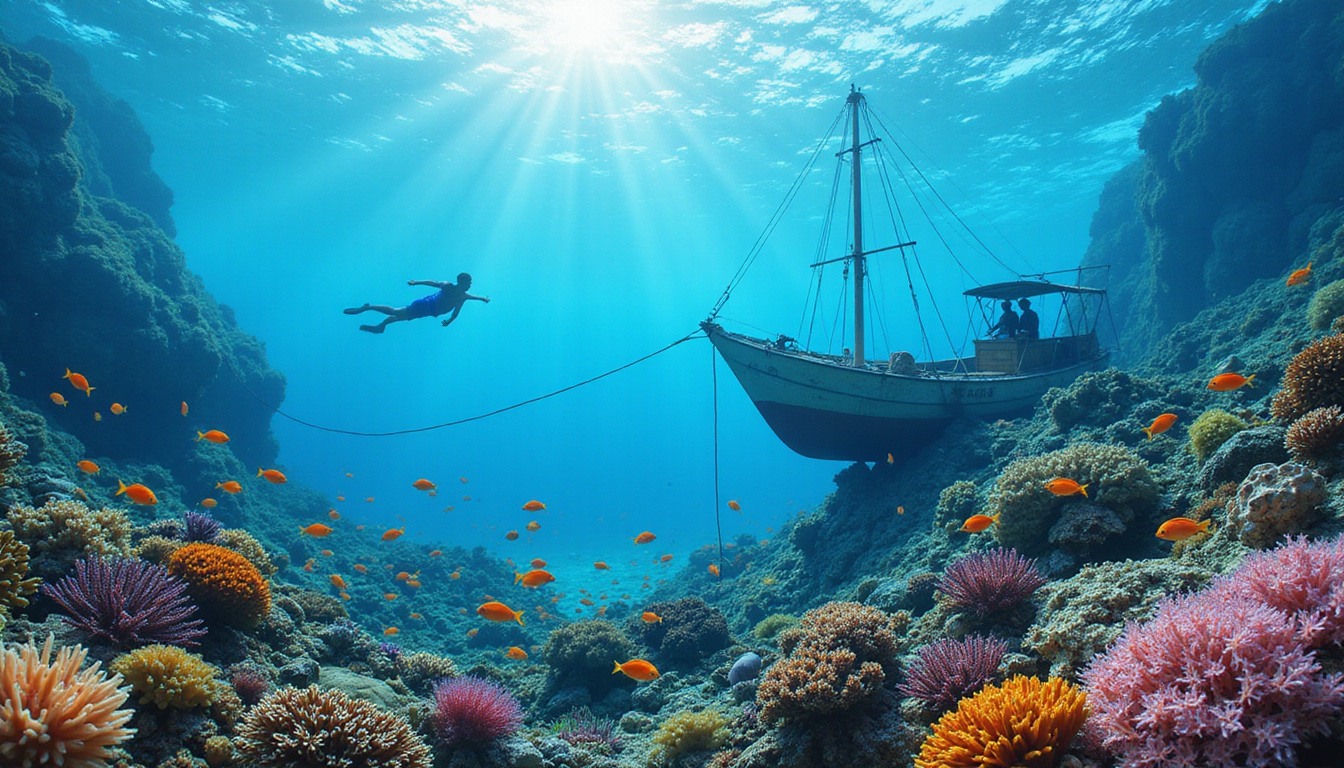
Effective Steps to Report Illegal Fishing Activity and Protect Our Oceans
On May 9, 2025 by Andy FordProtecting our oceans is crucial for maintaining healthy ecosystems and sustainable fisheries.
Illegal fishing activity is a significant threat to marine life, endangering species and disrupting the balance of ocean habitats.
In this article, we will explore effective steps on how to report illegal fishing activity, ensuring that you can contribute to the preservation of our seas.
From understanding the implications of illegal fishing to gathering evidence and knowing the right channels to report, empower yourself to make a difference in safeguarding marine resources.
Mastering Saltwater Fishing: A Complete Guide to Choosing the Right Fishing Line

Key Takeaways
- Illegal fishing threatens marine ecosystems and local economies.
- Collecting detailed evidence is crucial when reporting illegal fishing activities.
- Know the specific reporting channels available for your region to report violations.
- Community engagement plays a vital role in monitoring and combating illegal fishing.
- Raising awareness about illegal fishing can inspire collective action towards ocean protection.
Understanding Illegal Fishing and Its Impacts
Illegal fishing, often referred to as ‘IUU fishing’ (Illegal, Unreported, and Unregulated fishing), poses severe threats to marine ecosystems and regional economies.
It disregards national and international laws, undermining efforts to conserve fish stocks and protect marine biodiversity.
The impacts of illegal fishing are staggering; it contributes to depletion of fish populations, disrupts marine habitats, and poses economic challenges for legitimate fishers who abide by regulations.
Additionally, communities that rely on fishing for their livelihoods are often hit hardest.
To combat this growing issue, it is essential for individuals and organizations to be vigilant and aware of how to report illegal fishing activity.
Reporting such activities can help authorities take necessary action to preserve our oceans and ensure sustainable fishing practices.
By understanding the clear signs of illegal fishing, like unregistered vessels or fishing in protected areas, you can play a vital role in addressing this critical issue.
Gathering Evidence of Illegal Fishing Activities
Illegal fishing activities pose a significant threat to marine ecosystems, biodiversity, and the livelihoods of legitimate fishers.
To effectively address this issue, it is crucial for concerned individuals and organizations to understand how to report illegal fishing activity properly.
Gathering sufficient evidence is the first step in this process.
Begin by documenting specifics such as the location, date, and time of the suspected illegal fishing.
Capture photographs or videos that clearly show the fishing vessels and their activities, ensuring that any identifying marks, such as names and registration numbers, are visible.
Additionally, collect witness testimonies from other fishers or local residents who may have observed the illegal fishing.
All this information can be instrumental when reporting the incident to local authorities, such as fisheries management agencies, or international organizations dedicated to combating illegal fishing.
By taking these steps, you can play a vital role in preserving our oceans and ensuring sustainable fishing practices.
‘In the end, we will conserve only what we love; we will love only what we understand; and we will understand only what we are taught.’ – Baba Dioum
Mastering Saltwater Fishing: A Complete Guide to Choosing the Right Fishing Line
 100% Free Ai trading Bot Click here for yours!
100% Free Ai trading Bot Click here for yours!
